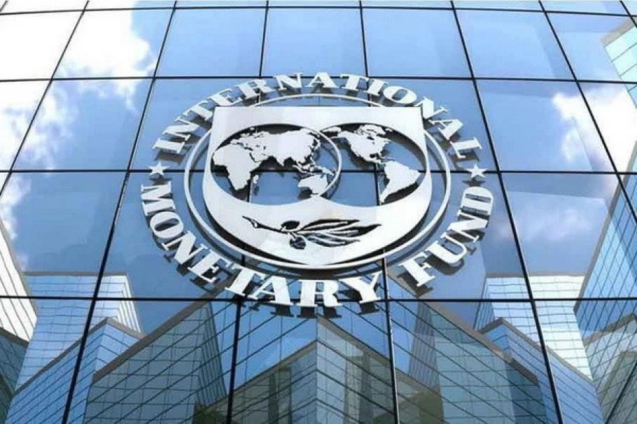The International Monetary Fund has disclosed that Ghana’s financial sector stability has been maintained despite the Domestic Debt Exchange Programme (DDEP).
However, credit growth has declined amidst an increase in non-performing loans.
“Despite facing capital shortfalls due to the implementation of the domestic debt exchange (DDE), bank balance sheets improved quickly in 2023, benefiting from high profitability and capital injections. The government of Ghana has begun the recapitalization of state-owned banks, injecting GHS4.6 billion via the Ghana Financial Stability Fund (GFSF) through April 2024”, it disclosed in its Second Review of Ghana’s Extended Credit Facility Programme.
The Fund said banks posted robust profits last year amidst rapid deposit growth (43% year-on-year in nominal terms at end-2023) and higher interest margins given their large holdings of T-bills and open-market-operations bills.
However, the nominal growth rate in private sector credit was well below inflation, at 11.0% in 2023. In addition, the nonperforming loans (NPLs) ratio further increased to 20.6% from 14.8% in December 2022.
Ghana remains in debt distress
Continuing, the Fund said Ghana remained in debt distress, and debt is assessed as unsustainable. Therefore, it pointed out that pending completion of the debt restructuring, the attached Debt Sustainability Analysis (DSA) continues to show large and protracted breaches to the standard thresholds.
“Following the debt service suspension announced in December 2022 and while discussions with creditors are ongoing, the government has accumulated arrears to official bilateral and private external creditors. The authorities have remained current on the newly exchanged domestic debt and multilateral debt”.
It concluded that given the impact of the DDEP on demand for medium- and long-term government securities, the government had to satisfy their 2023 domestic financing needs by issuing large amounts of T-bills. This was done at nominal interest rates slightly above inflation.
Latest Stories
-
The New Force issues apology over assault involving security guard
19 minutes -
Colombia presidential hopeful shot in head at rally
49 minutes -
Rwanda pulls out of regional bloc over DR Congo row
52 minutes -
5 motorbikes, fufu pounding machine destroyed as fire guts mechanic shop at Kintampo
54 minutes -
Suspect who attacked JoyNews’ Latif Iddrisu during Wontumi protest arrested
1 hour -
Gifty Anti honoured as Impactful Female Celebrity of the Year at inaugural Ghana Celebrity Impact Awards
2 hours -
Ghana Hajj Board confirms death of seven pilgrims in 2025 pilgrimage
5 hours -
Both governments are responsible for contributing to the country’s energy insecurity through financial debt
5 hours -
Israel is accused of the gravest war crimes – how governments respond could haunt them for years to come
6 hours -
Liberia’s ex-speaker charged with arson over parliament fire
7 hours -
Help protect oceans for sustainable future – Dr. Agyekumhene
8 hours -
Portugal vs Spain Nations League final preview
8 hours -
Trump-Musk row fuels ‘biggest crisis ever’ at Nasa
9 hours -
Sir Sam Jonah’s blueprint: 10 keys to transform Ghanaian youth into nation builders
9 hours -
Sir Sam Jonah calls for urgent STEM prioritisation to develop Ghana
10 hours

